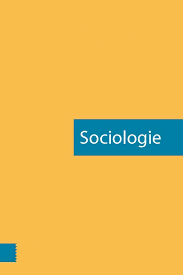Abstract
After the Second World War, Dutch economists became protagonists of party-political and ideological change. Representing this generation was Jelle Zijlstra (1918-2001), a Rotterdam graduate who became professor in 1948 and was appointed Minister of Economic Affairs in 1952. Together with fellow students like later managing director of the IMF Johan Witteveen, Zijlstra articulated a new pro-market consensus in economic thinking, influenced both by domestic and international developments. Grounded in modern thinking and expertise, Dutch economists started playing an important role in the post-war debate on economic order and policymaking. They made their stand jointly by appealing to Parliament in 1949 and 1951, while individually Zijlstra collided repeatedly with the old guard of the Anti-Revolutionary Party, whose socio-economic views he called ‘obsolete and outdated’. Conversely, conservatives labelled their advocacy of state intervention in economic life ‘socialist’, but on closer inspection the new consensus should be characterized as neoliberal. Dutch economists hailed consumer interests, deeming intervention necessary for free enterprise with the state promoting freedom and protecting ‘workable competition’. Meanwhile, Zijlstra used Hayek’s Road to Serfdom to determine whether policy measures exceeded ‘critical values’, endangering economic and political freedom. As such, neoliberalism surfaced in Dutch economic thinking and possibly policymaking as well.
How to Cite:
Harmsma, J., (2019) “Voorbij de oude ballast: neoliberalisme en het nieuwe marktdenken van Nederlandse economen (1945-1952)”, Sociologie 15(3), 253–270. doi: https://doi.org/10.5117/soc2019.3.002.harm
Downloads:
Download PDF
View PDF
135 Views
32 Downloads


